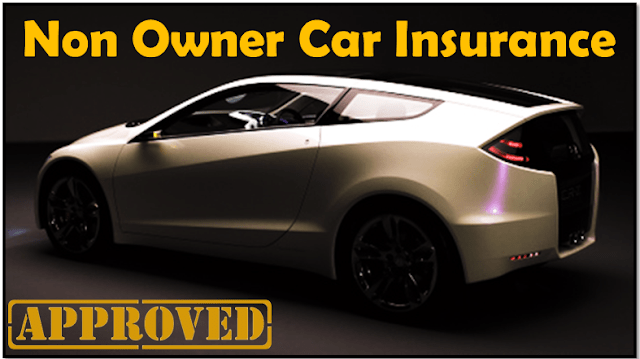3 Best Insights on State-Specific Car Insurance
Did you know that nearly 30% of drivers in the U.S. are uninsured? This statistic underscores the importance of understanding state-specific car insurance requirements. Variations in regulations can greatly impact your coverage options and costs. If you're not aware of how your state's laws affect you, you might be underinsured or paying too much. Let's explore the key insights that can help you navigate this complex landscape effectively.
Key Takeaways
- State regulations dictate liability insurance requirements, influencing coverage levels for non-owner and standard insurance policies.
- Serious violations like DUI/DWI may necessitate SR-22 or FR-44 filings in certain states, affecting insurance choices.
- Some states mandate uninsured/underinsured motorist protection in non-owner policies, impacting overall coverage options.
- Local driving history and crime rates can significantly influence insurance premiums across different states.
- Understanding state-specific laws and requirements is essential for selecting compliant and appropriate car insurance coverage.
Understanding Non-Owner Insurance Coverage Across States

When you think about car insurance, it's essential to understand that non-owner insurance coverage varies considerably across states. This type of policy typically provides liability coverage, helping you manage costs when driving vehicles you don't own. Non-owner insurance maintains continuous coverage, preventing gaps that could increase future premiums. Certain states mandate these policies, especially for individuals with serious violations like DUI/DWI, ensuring legal compliance. While generally cheaper than traditional insurance, it primarily serves as secondary coverage, lacking extensive or collision protection. As you consider your options, remember that exclusions, such as no personal injury coverage, can impact your choice. Additionally, this type of policy is ideal for occasional drivers or those who rely on public transport. Understanding the requirements for non-owner auto insurance can vary significantly based on your state, so consulting with an insurance agent can help tailor a policy that meets your specific needs effectively.
Variations in State Regulations Affecting Non-Owner Insurance
While traversing the complexities of non-owner insurance, it's crucial to recognize how state regulations shape your coverage options and requirements. Each state sets its own liability insurance mandates, influencing the minimum coverage levels for bodily injury and property damage.
Navigating non-owner insurance requires understanding state regulations that dictate coverage options and liability requirements.
Certain states require SR-22 or FR-44 filings, guaranteeing compliance for drivers with serious infractions. Additionally, some states mandate uninsured/underinsured motorist protection, which can be included in non-owner policies.
Residency and driver's license requirements also vary, affecting your eligibility for non-owner insurance. Furthermore, state insurance departments regulate these policies, making certain they align with local laws.
Understanding these variations helps you navigate your non-owner insurance needs effectively and guarantees compliance with state-specific regulations.
Cost Comparisons: Non-Owner Insurance vs. Standard Insurance in Different States
Understanding the differences in cost between non-owner insurance and standard insurance is essential for anyone maneuvering their coverage options.
Non-owner insurance, which typically covers only liability, averages around $325 nationally, with states like Pennsylvania offering rates as low as $263. In contrast, standard insurance, which includes thorough and collision coverage, averages about $375 in Pennsylvania for minimum coverage.
Factors such as state requirements, driving history, and local risks can notably influence these costs. For instance, states with higher crime rates or stricter regulations often see elevated premiums.
Conclusion
In maneuvering through the complexities of state-specific car insurance, understanding the differences in regulations and costs is vital for making informed decisions. Non-owner insurance can be a smart choice depending on your circumstances, but how do you guarantee you're getting the best coverage for your needs? By comparing options and staying aware of local requirements, you can tailor your policy effectively—protecting yourself legally and financially while driving in your state. Don't underestimate the importance of thorough research!
